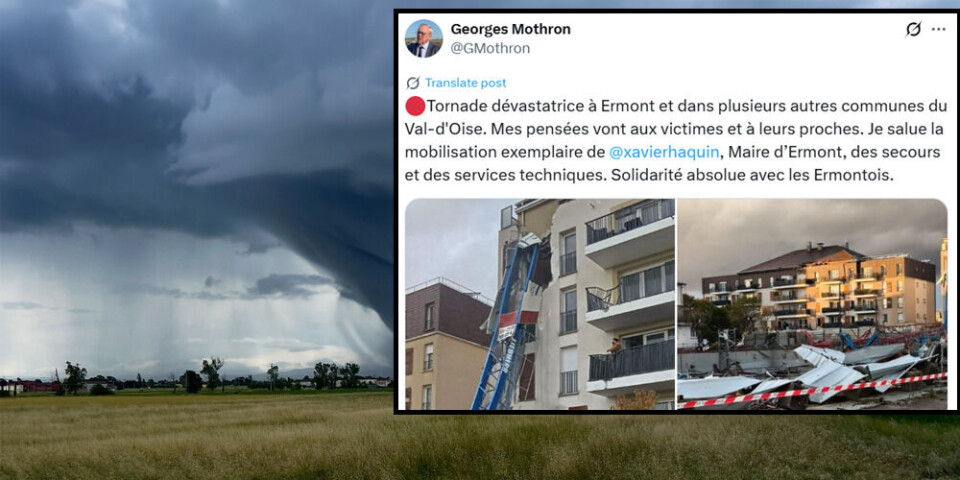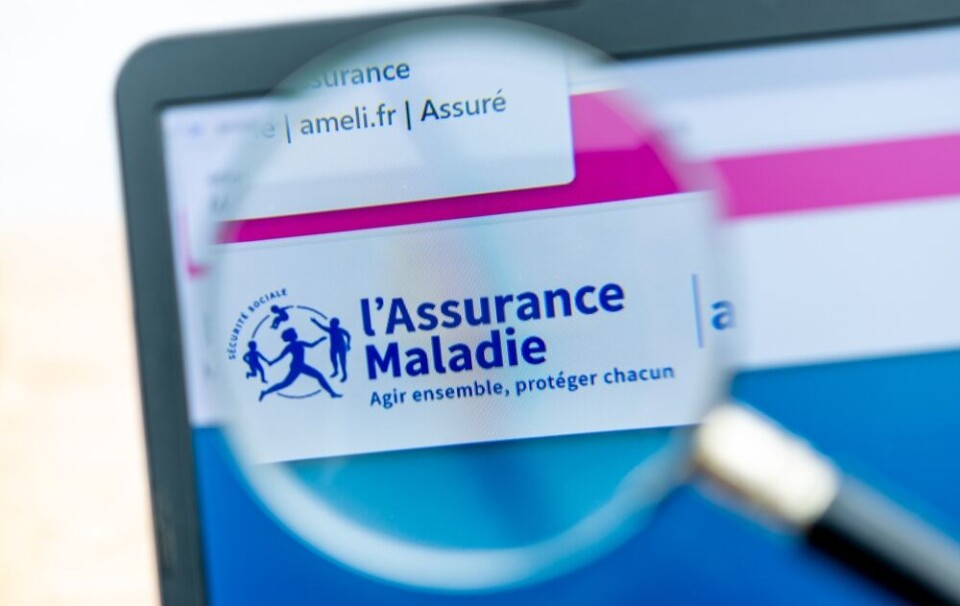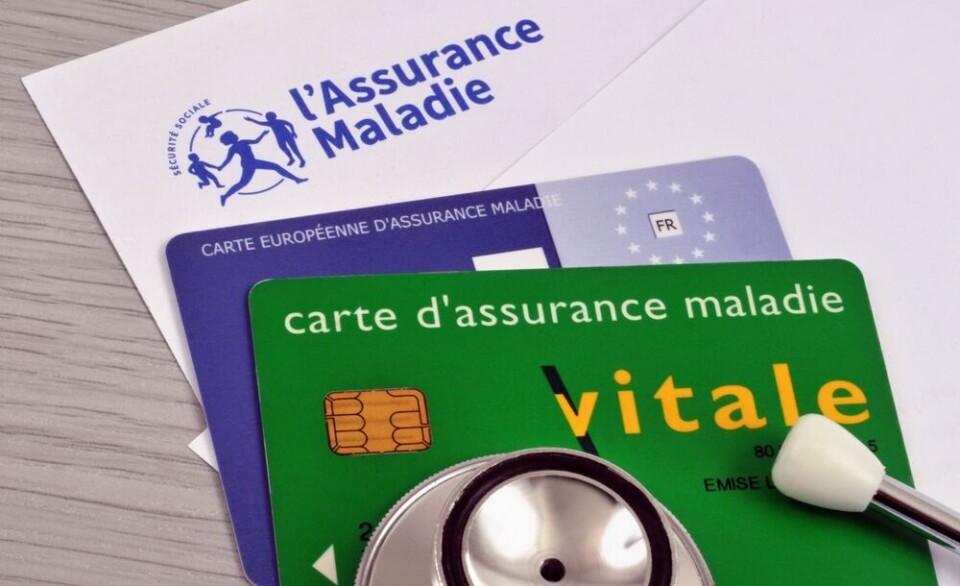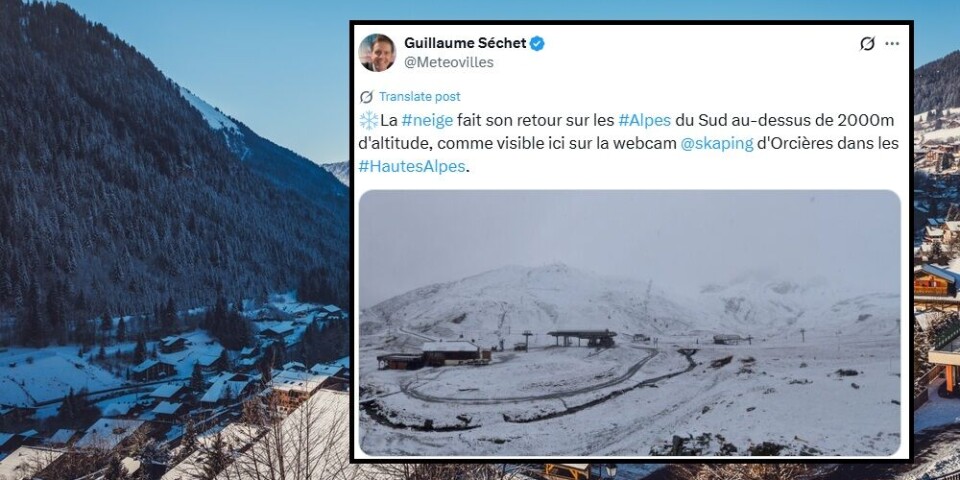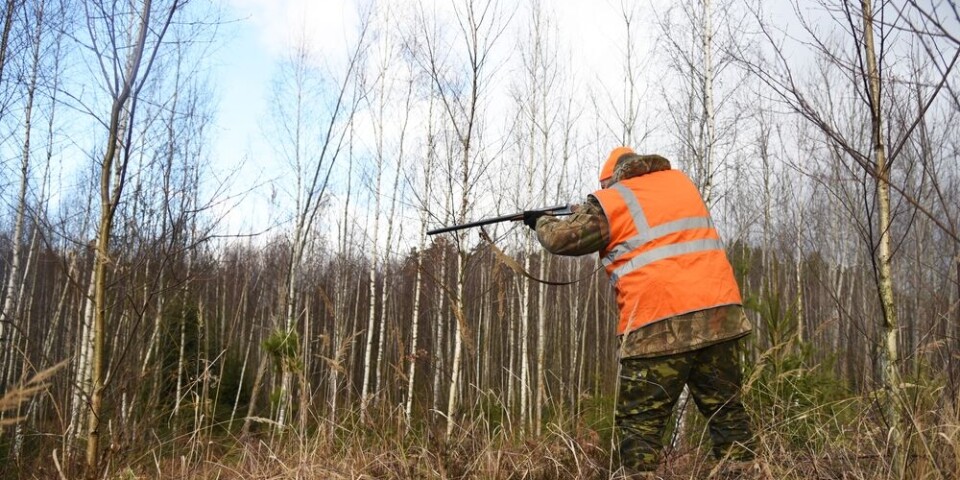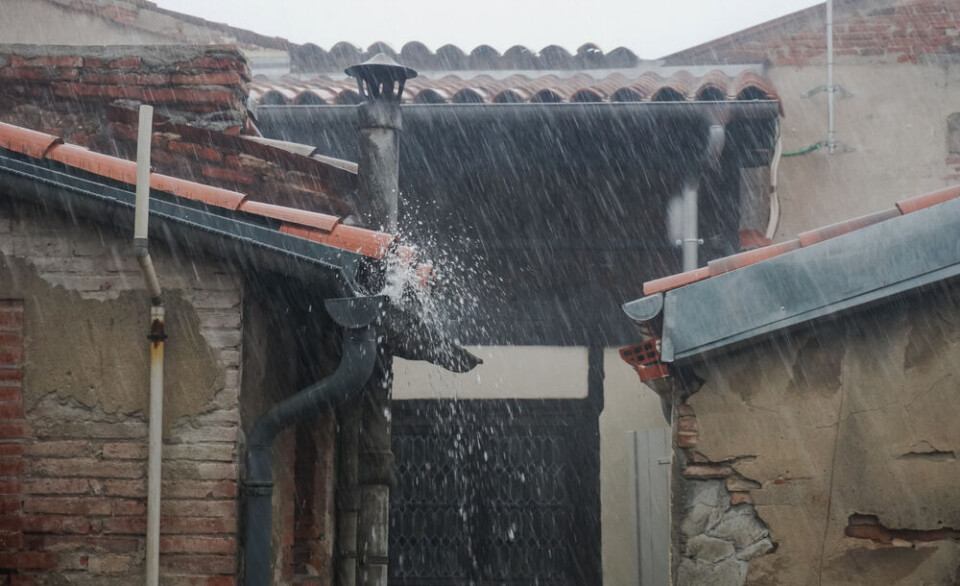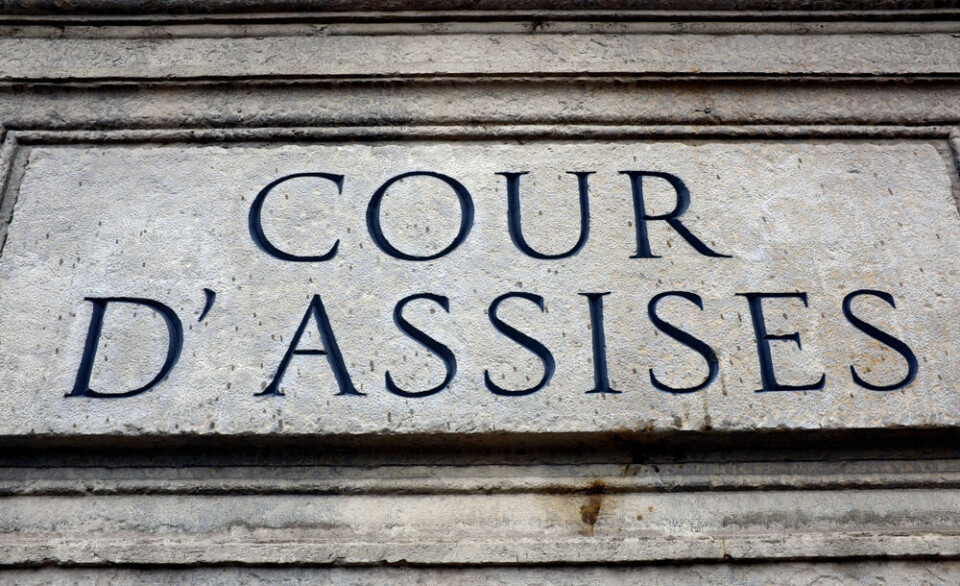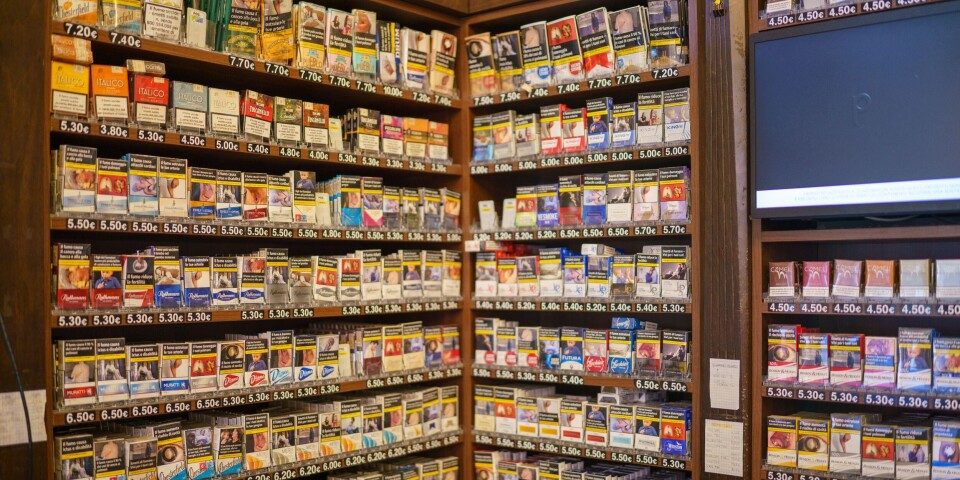-
Storm alert: winds up to 130 km/h to hit France
Heavy rain and high waves will touch the north and west of the country
-
Mushroom contamination makes French couple’s home a ‘health risk’
The issue could cost the couple €50,000 to fix
-
Cheaper car repairs in France as court slashes manufacturer monopoly on spare parts
Change in ruling means garages now able to source parts from shops that have opened all over the country
Provençal town signs saved after locals fight back
What's in a name? Enough to spark a war of words between mayors and a departmental council over whether they can continue using old Provençal names on road signs.

Several mayors in Vaucluse complained after they received letters saying a 1967 law ruled that signs should contain only the town name in French.
The letter said there should be no other information shown, such as village fleuri or that there are cameras – or a regional language name.
Pierre Gabert, mayor of Pernes-les-Fonaines, joined several mayors campaign against the change.
He said his town’s Perno li Font panel was put up in 1988 and should be preserved.
He said: “To apply a law 50 years later is daft. It may only be a sign at the town entrance but it represents our heritage.”
Vaucluse departmental council President Maurice Chabert initially told reporters there was a risk of having distracting information on the signs, such as capitale du melon, de la truffe, de la cerise, but later said communes could do what they wanted, at their own risk.
After the dispute hit national media, he issued a press release and said road improvements carried out in six communes had meant old signs were removed and replaced.
The add-on signs were taken down and returned to the communes with the recommendation that they be attached to a second signboard a few metres from the official sign.
He denied a “chasse aux panneaux en provençal”, saying Vaucluse backed the language and was one of few councils with a vice-president for Provençal culture.
Provençal is spoken by 300,000 people across the Paca region, part of the Drôme department and the former province of Languedoc.
Jean-Pierre Richard, president of Collectif Prouvènço, said there were 500,000 speakers 20 years ago. Local primary and secondary schools offer it as an option.




